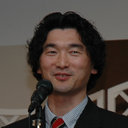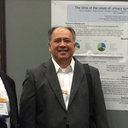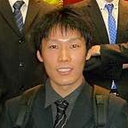Nocturnal polyuria with abnormal circadian rhythm of plasma arginine vasopressin in post-stroke patients.
Mots clés
Abstrait
OBJECTIVE
Nocturia is a common reason for interrupted sleep in post-stroke patients. These patients often have neurogenic bladder overactivity. However, little is known about the possible contribution of nocturnal polyuria in the patients.
METHODS
We measured the number of nocturia, the circadian plasma arginine vasopressin (AVP) level and urinary excretion in 4 patients with stroke.
RESULTS
All patients had nocturnal urinary frequency (three times in one and twice in 3). All patients were revealed to have nocturnal polyuria, and the ratio of nocturnal urinary output to 24 hour volume ranged from 36% to 63%. Measurement of daily plasma AVP variation showed that all patients lost normal nocturnal rise of the plasma AVP concentration. Two patients were successfully treated with 5 mug of intranasal desmopressin once a night, a potent analogue of AVP, without hypertension particularly in the night, signs of congestive cardiac failure or any electrolyte abnormality such as hyponatremia.
CONCLUSIONS
Our post-stroke patients had nocturnal polyuria with abnormal circadian rhythm of plasma AVP secretion. Desmopressin reduced nocturnal waking in urination. It also ameliorated nocturnal dehydration that might trigger a stroke recurrence in the patients.




